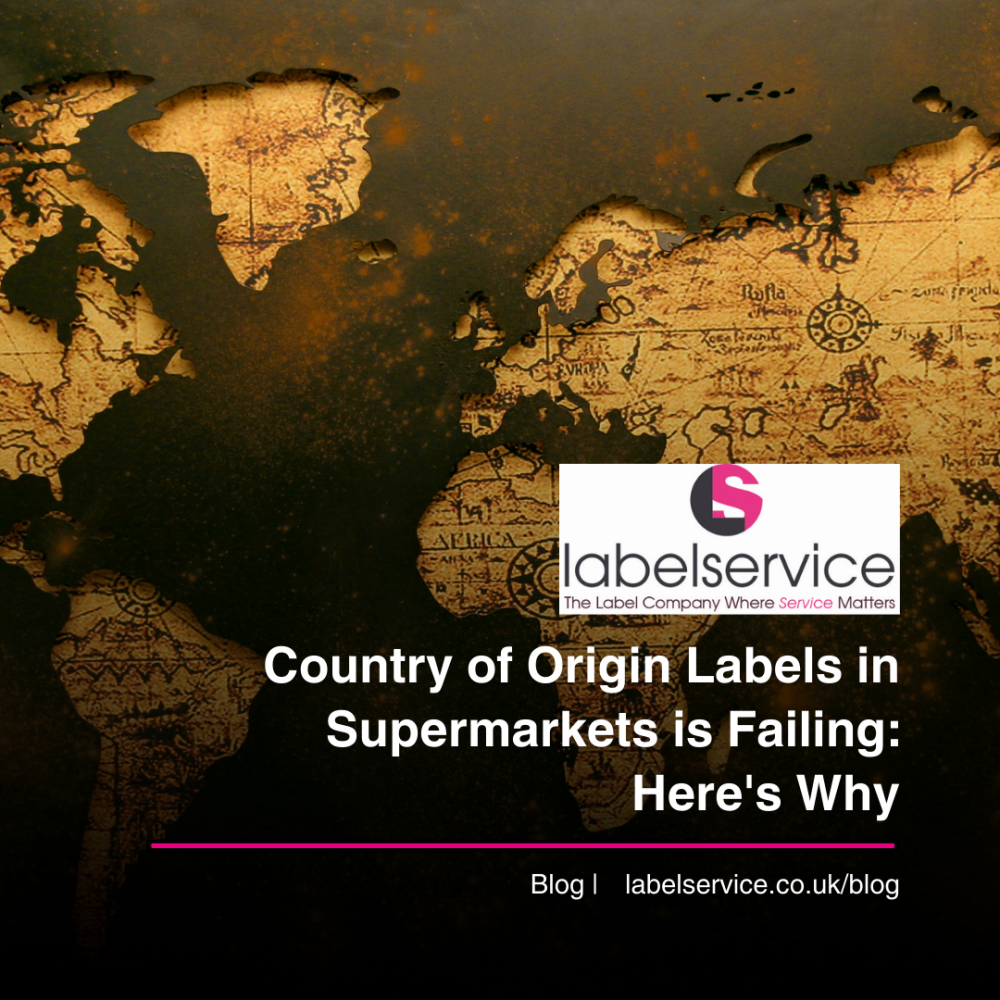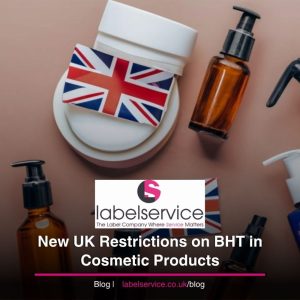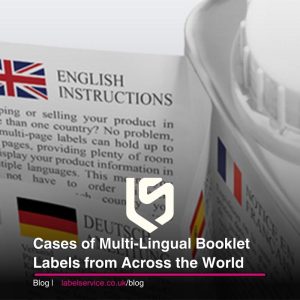Consumers are increasingly aware of the environmental and ethical profile of their purchases. Amid the demand for ‘greener’ products, there is also a growing interest in purchases perceived as more local. A survey by GlobalData last summer showed 80% of consumers would pay up to 5% more for a locally sourced product and 33% would pay over 10% more. As such, provenance labelling has become an important part of the increasing regulatory scrutiny around environmental and ethical claims.
The labelling of food products is already a highly regulated space. As consumers increasingly make values-driven decisions, regulators are escalating efforts to prevent greenwashing. Although greenwashing remains undefined in law, for companies who mislead consumers, there is a prospect of more stringent scrutiny and enforcement action.
The Competition & Markets Authority (CMA) published its Green Claims Code in September 2021. The EU recently introduced a Greenwashing Directive to work alongside the proposed Green Claims Directive, which is set to require independent verification. In late December 2023, the CMA announced it would scrutinise environmental claims made by Unilever amid concerns about product marketing tactics.
Alongside this, the CMA’s 2024/2025 business plan and its expanded enforcement authority in the Digital Markets, Competition & Consumers Bill will provide unilateral powers to hand down GDPR-style fines without recourse to the courts. It is anticipated that environmental claims, including country of origin labelling, will be a key focus.
The food and drink sector needs to be conscious of this increased regulatory outlook. Yet compliance can pose a challenge. The fashion sector has already faced the ramifications of increased scrutiny, as shown by the CMA investigation into Asos, Boohoo and George at Asda. The move was seen as a “turning point” for the industry, which has committed to presenting key information in “plain language, easy to read and clearly visible to shoppers”.
Although these commitments apply equally to food and drink, there is a risk of ambiguity with country of origin labelling. On one hand, there are obvious breaches. Again, turning to the fashion sector, Boohoo made headlines after inadvertently using “made in the UK” labels when the products were in fact made in south Asia.
Less subtle breaches entail broad and unqualified statements and marketing tactics. Statements like “good for the planet” are already being targeted by the Advertising Standards Agency. An equivalent for origin labelling could be “locally sourced” or “local produce”. Similarly, branding encompassing “best of British” or a union flag motif is likely to attract scrutiny. This no doubt represents one of the riskiest areas and one where proactivity is essential to avoid censure.
Although the government is addressing this through Defra’s consultation on food source labelling to support UK farming, it is a space where the food and drink sector can act now in the absence of increased legislation.
Organisations can set up their own publicly accessible criteria to illustrate clearly and concisely what it refers to as local produce. For example: does it call “local” the same county, region, nation or even continent? As they develop these criteria, organisations can seek assured advice from a primary authority. We are already seeing guidance with greenwashing, but there is an opportunity for the sector to take the lead – and avoid getting caught out by catch-up legislation.
Misleading Labelling
UK supermarkets have been accused of using ‘inconsistent and misleading food labelling’ leaving consumers confused as to where their food comes from. According to a new survey from consumer magazine Which?, more than two thirds (68 per cent) of shoppers would be more likely to buy a product labelled ‘British’ than one that was not. While 51 per cent of the 2,011 UK adults also revealed they find the current origin information presented on groceries helpful.
Yet despite the findings, researchers from Which? found plenty of examples of fruit and vegetables at major supermarkets including Sainsbury’s, Asda and Aldi with no visible origin labelling on the shelf edge or the products themselves. Under the current origin labelling rules, it is a requirement for there to be a country or place of origin label on meat, fish, fresh fruit and vegetables, as well as honey and wine, but the rules do not generally apply to processed meat or frozen or processed fruit and vegetables. There is a requirement to provide origin labelling if it would be misleading not to.
Other labels had fairly meaningless information – for example, a pack of sausage rolls from Lidl which stated they were processed using ‘UK and non-UK pork’ and a pack of gammon joints at Iceland where the pork was labelled as ‘EU and non-EU origin’. Almost three-quarters (72 per cent) of respondents in Which?’s survey said it was important to know where fresh meat comes from.
Which? also found examples of misleading signage and shelf labels in the stores it visited. Tomatoes from Morocco, parsley from Italy and sweet mini peppers from Spain sat on a shelf under a large banner decorated with a Union Jack and the words ‘Championing Great British Quality’ at the Aldi store Which? visited. In one Asda, Which? found cauliflowers that had a Union Jack on the shelf label but were actually from Spain.
Lee Stiles, secretary of the Lea Valley Growers Association said consumers should be made aware that the content of the labelling is dictated to the grower or packer by the supermarket. He said: “Too often consumers are misled into believing that the produce on display is British by the abundance of Union Jacks surrounding the shelves only to find upon closer inspection the majority of the produce is imported or the country of origin is absent on the label. This gives shoppers the false impression that they are supporting British farmers and growers.”
Which? is the UK’s consumer champion. As an organisation they’re not for profit and all for protecting consumers – a powerful force for good, here to make life simpler, fairer and safer for everyone. their research gets to the heart of consumer issues that matter, and their expert advice is completely impartial. Same goes for the product reviews – their rigorous tests and expert recommendations help consumers to make confident choices.
Inconsistent
Ele Clark, Which? Retail Editor, said: “Which? research has uncovered a surprising amount of inconsistent and misleading food labelling, suggesting – even when the rules are properly adhered to – consumers are not getting all the information they want about their food’s origin. Shoppers want to know where their food comes from for multiple reasons, including supporting British suppliers and making more sustainable choices.”
The consumer champion said it will be sharing its findings with the Defra as part of its consultation on fairer food labelling, which was launched on March 15 by Environment Secretary Steve Barclay. Announcing the move, Mr Barclay said: “This government backs British farmers, who work hard to produce food to world-leading standards and maintain our nation’s food security. British consumers want to buy their produce, but too often products made to lower standards abroad are not clearly labelled to tell them apart.”
“Misleading” and “inconsistent” labels make it hard for shoppers to know where their food comes from, the consumer champion Which? has said, as it found supermarket chains were selling products with “meaningless” statements on their packaging. Retailers must supply the “country of origin” for specific foods including fresh fruit and vegetables, unprocessed meats, fish, wine and olive oil but the rules do not generally apply to processed meat or frozen or processed fruit and vegetables.
However, Which? researchers on store visits found that, even when the country of origin was required, it was sometimes missing in store, as was the case with loose cauliflowers, courgettes and onions at Sainsbury’s and peppers, melons and mangoes at Asda. Two-thirds of people surveyed by Which? said they thought it was important to know where fresh fruit and vegetables came from. Half of respondents said it was also important to know the origin of processed and tinned meat.
Which? also highlighted inconsistencies. A whole own-label pineapple in Tesco carried the country of origin, while a packet of pineapple chunks in the next aisle did not. This is within the rules but not particularly helpful for shoppers, the consumer group said.
In other cases, Which? complained that labels were misleading or, worse still, meaningless. Aldi’s Crestwood bacon and cheese wraps were an example of the former as they showed union jacks and the claim “Made in Britain” on the front of the packet but on the back of the products revealed they contained EU pork.
A pack of gammon joints at Iceland was labelled as “EU and non-EU origin” – a statement that was described as “meaningless”. Analysts counter that this type of label is intended to inform customers that the product contained a blend of ingredients from different countries, including UK sources. Ele Clark, the retail editor at Which?, said that, even when the rules were being followed, consumers were not getting all the information they wanted. “Supermarkets should particularly focus on labelling loose fruit and vegetables more clearly, but manufacturers and retailers should also consider providing origin information on more processed meat products so shoppers are armed with the information they need to make informed choices,” she added.
Which? said it planned to share its findings with the Department for Environment, Food and Rural Affairs, which this year announced a consultation on food labelling to improve transparency so consumers can “make informed decisions”.
Separately, post-Brexit government plans will require all meat and dairy products sold in the UK to be labelled “not for EU” from October, which food producers say could add £250m a year to their costs. Sainsbury’s and Asda said they had stringent processes in place to ensure country of origin is clearly displayed at the shelf edge and on products themselves where applicable. Aldi said it worked hard to ensure that all its labelling complied with the rules.
Andrea Martinez-Inchausti, an assistant director of food at the lobby group the British Retail Consortium, said retailers attempted to ensure they “followed all legal guidelines where country of origin labelling was required. Furthermore, they go above and beyond to voluntarily provide this information in many circumstances where it is not a legal requirement.”

















